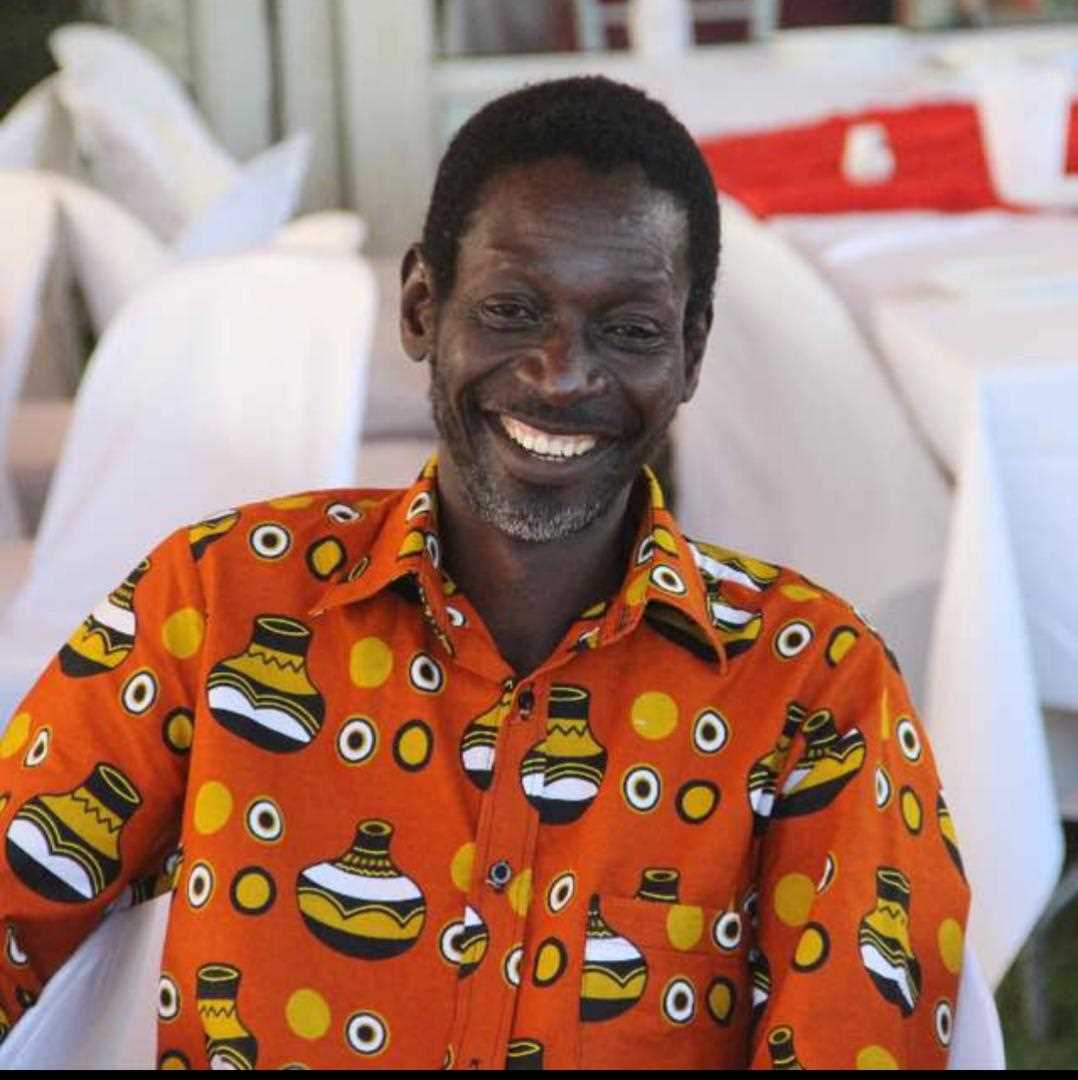
Seven out of 10, the chances are that a 10-year old boy will, even in his sleep, recite the current Liverpool football club line-up including the bench.
He will tell you Sadeo Mane has transferred to Bayern Munich for the forthcoming season, and for how much.
Social media sensation N'gedhwa from Mbare, for instance, at just six, recently pdazzled the nation with his perceptions of the game, giving sound argument why he rates Christian Ronaldo a better player compared to Lionel Messi.
"Kakatowandaaa", was the Chitsere Primary School pupil's response when asked how many opportunities CR 7 has converted to goals, and this after having provided accurate statistics from the tips of his fingers.
The youngster is representative if the soccer fan fraternity from young people to older crowds. All equally abreast of the same developments, thanks to the availability of satellite television and the advancement of technology in general.
A recent snap survey by Zimbabwe Now revealed football followers no longer keep abreast of the sport domestically, preferring to pay greater attention to foreign leagues such as Bundesliga, Serie A and the EPL.
Such are the levels to which international football (particularly the English Premier League) has gained popularity at the expense of the domestic game.
Old memories are all that remain
For if you flip the coin and ask any of the fans to name just four Dynamos players, irrespective of their positions, you draw a blank response. They will probably try to reverse time and talk about old greats, “when the local game was still a game”, as they will inevitably tell you.
Shepard Maravanyika, a 54-year old soccer enthusiast from Nyameni in Marondera reminisces on an early life spent in rural Buhera as a herdboy.
"Back then, we used to religiously follow local football through the radio with commentaries from the likes of Evans Mambara and Charles Mabika.
"Though l had never set foot in Harare then, l knew the line-ups for Dynamos, Caps United, Highlanders and Black Rhinos by heart. And when the commentator said my team was defending the Mbare-end of Rufaro Stadium, it was as if l was looking at the goal. But now? Cry, my beloved Premier League soccer."
Money matters
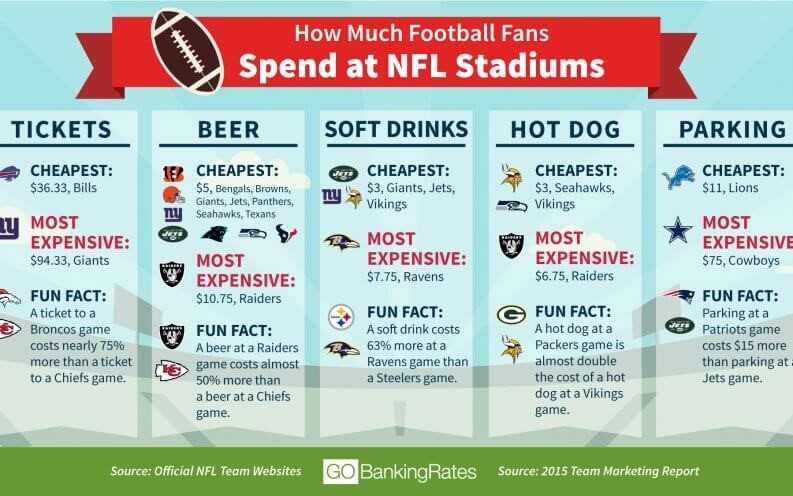
It does not take an actuarial genius to confirm that there is better financial gain from the sale of replica jerseys and memorabilia of EPL teams compared to our own. Shirts (some with names of a favoured footballer inscribed on the back tracksuits and television dish subscriptions make up a regular budget for many, all for the love of football.
There are no official study figures on the amount that a local fan pays for his love of foreign football. Below we give some ball park figures:
On average, one has to fork out US20 for an original replica soccer jersey, US80 for a premium DStv bouquet and a monthly budget averaging US50 if they wish to watch their football over a drink in a social environment.
A whole printing and retail industry thrives on procuring replica jerseys and printing them with personalised labels at for the fans who want to feel they are part of the show. Add the costs
Practically, betting houses have become second homes and offices for hordes of people who flock to place their bets. Derbies, on the other hand, have turned out to be a cash cow for some entertainment joints as they charge entry fees to patrons wishing to see their favourite teams play.
But professional administration is key
Tafadzwa Chivasa, an Arsenal fan argues the EPL is run in a very professional manner and the packaging of football in England is next to none.
"We tend to consider football as a pastime whereas overseas its an industry from which multitudes benefit. Broadcasters, sponsors, betting houses, sports psychologists, therapists, data scientists right down to the players themselves all earn a livelihood from football.
Related Stories
"Sponsorships and endorsements are also in abundance compared to our own league that is laden with in-fighting even in situations where a little sponsorship has been availed."
He gives an example of Dynamos which, despite the million-dollar Sakunda financial intervention, continues to have ownership battles between founders and the board. Even families of the founders have at one time claimed a stake in the club in a decades old ownership wrangle that is yet to be finalised.
"We watch entertaining football from European clubs on TV. There is no justification for me to waste my money going to watch local matches where teams play uncoordinated football, the game lacks rhythm and the players have no basic football skills," Themba Muchemwa of Highfield remarks.
Stewart "Shutto" Murisa the 1996 Soccer Star of the Year, now in retirement notes the need to introspect and intensively market local football.
"We need memorable match day experiences where fans feel safe to bring their families to the stadium and there are more activities before and after the match," he says.
Differences between them and us:
- The EPL model has teams in the league originating from various cities and towns with their support base emerging from there. Locally, there are relatively big centres like Chitungwiza and Kwekwe where top flight football is conspicuous by its absence.
The future of the club is dependent on a vibrant junior policy from where the young players graduate into the senior teams. Zimbabwe's junior football league is yet to prove its existence and scouting is mainly dependent on the school system and, to an extent, independent academies.
Clubs in England and other overseas countries have own stadiums from which they benefit, particularly in home matches. At home in Zimbabwe the reality is that five clubs (Dynamos, Caps United, Yadah, Herentals and Harare City) all share the National Sports Stadium for which they pay fees to the Local Government and Public Works Ministry.
Governing boards that run most foreign leagues are professional in conduct with boardroom squabbles managed so as not to impact on the big picture. Currently, Zimbabwe is out of international football competitions such as COSAFA and CAF following sanction by FIFA because of administrative bungling.
Recreation is a sector prioritised to a great extend over there, with stadia sprouted in towns and cities administered by full time employees from the local authorities.
On the other side of the coin is a town, such as Chitungwiza, where Chemhanza Stadium in St Mary's was demolished to make way for residential development Manyame Park) and Chibuku Stadium in Seke is now a car park.
The answers are there, for those who will see
Journalist Michael Kariati says bringing the magic back into the local game is doable:
“What needs to be done is to offer a package that is attractive to football fans,” Kariati says.
He says that pricing must match market capacity.
“If you have noticed knockout tournaments usually attract an increased number of fans compared to league matches and for a start the PSL should find sponsors for as many knockout tourneys as possible at a modest charge of probably a $1.”
Kariati points to an example of when the fans found joy in the local game.
“It happened during the Mbada Diamonds Cup but sadly those in leadership positions did not capitalize on that. If these fans enjoy those cup matches, it will be easy to bring back to stadiums for league matches.”
Clearly it’s time for a football administration that cares more about the game than their personal empires.










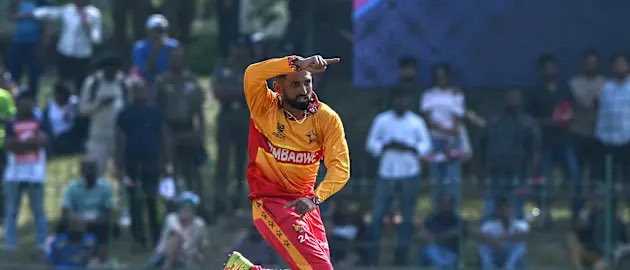



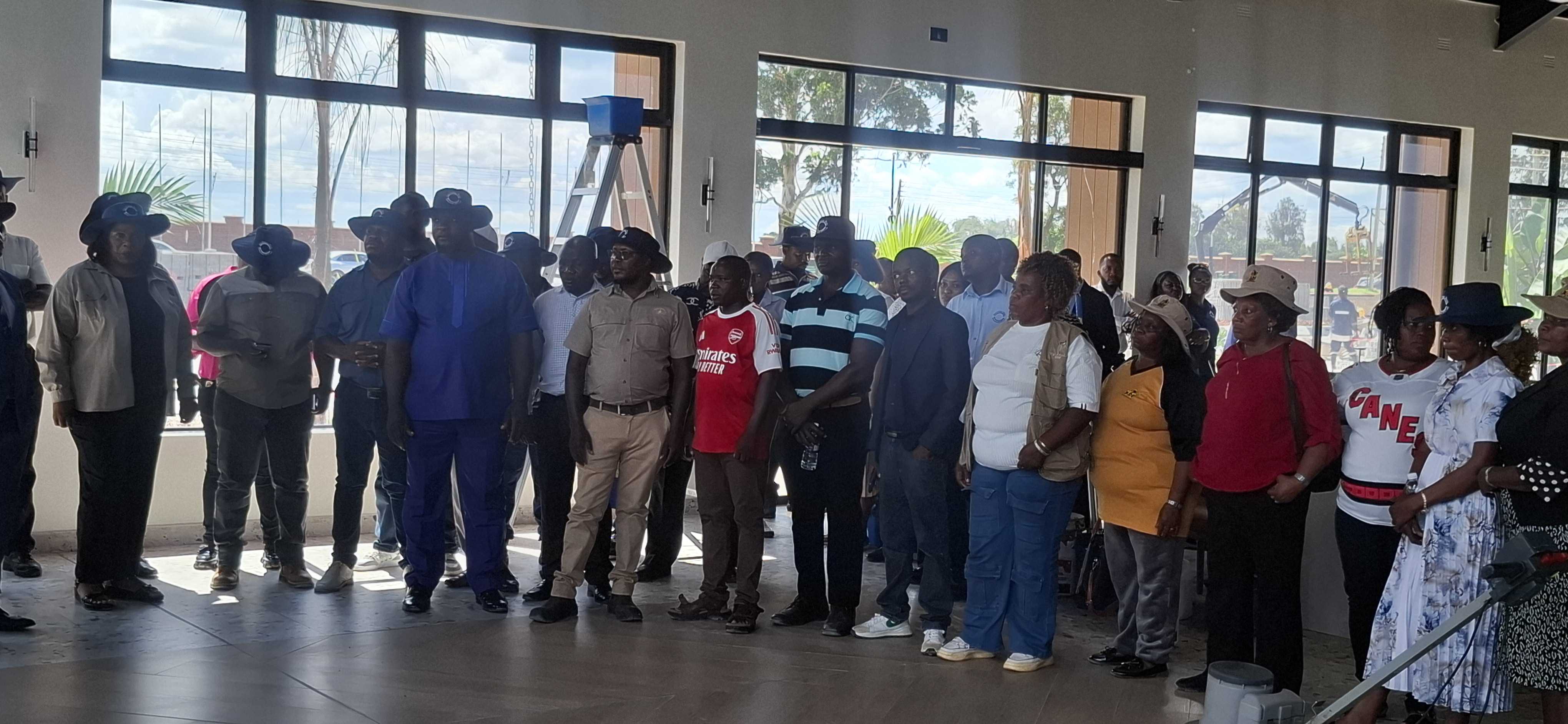
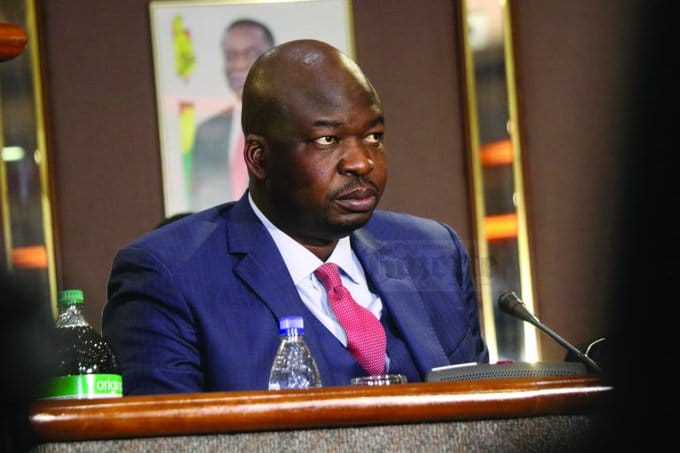

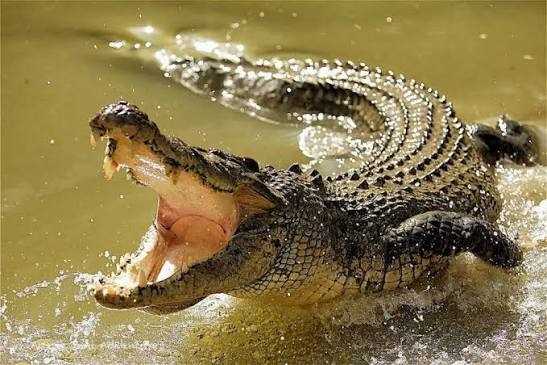


Leave Comments